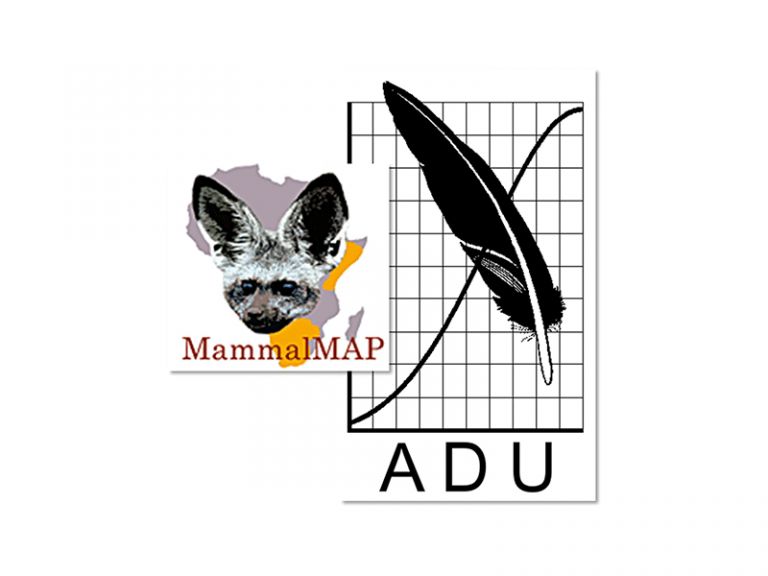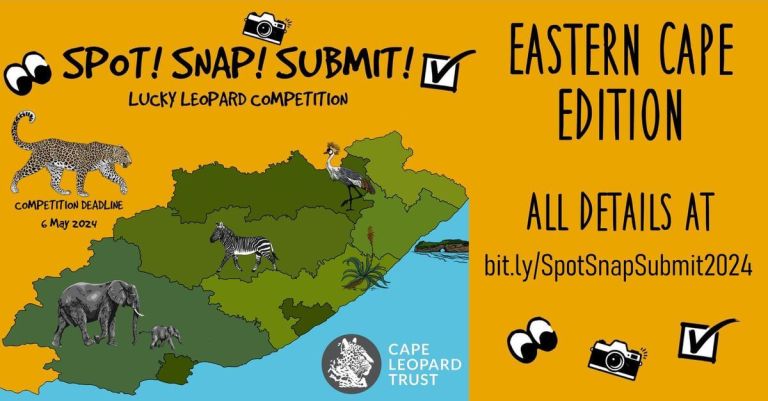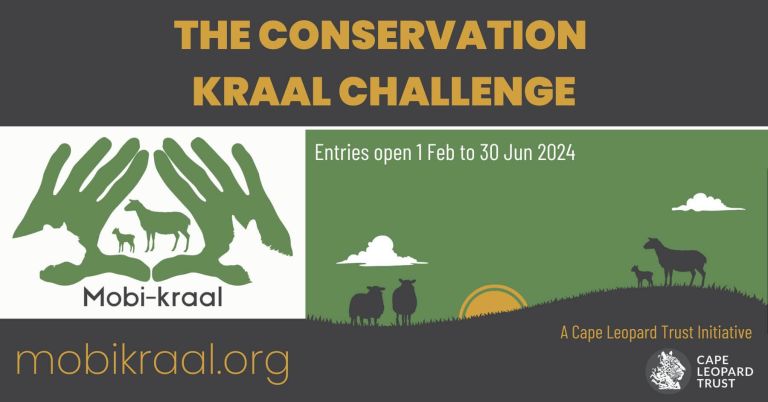The Animal Demography Unit (ADU) is a research unit of the University of Cape Town’s Department of Biological Sciences.
“The mission of the ADU is to contribute to the understanding of animal populations, especially population dynamics, and thus provide input to their conservation. We achieve this through mass participation projects, long-term monitoring, innovative statistical modelling and population-level interpretation of results. The emphasis is on the curation, analysis, publication and dissemination of data.”
During 2015, years of collaboration and partnership between the ADU and The Cape Leopard Trust culminated in the signing of a Memorandum of Understanding (MoU). Its purpose is focused on building significant positive impact for various predator species and to harness the strengths of both organisations in conservation, research, policy influence and critically important, the mobilization of citizen scientists and volunteers with a passion for the environment.
Both organisations recognize that partnerships and close collaboration is the way to lead in conservation, as dwindling resources and the growing challenges facing our predators, need new and innovative ways to ensure their survival into the future. The two organisations are now working towards identifying key projects and priority areas for joint action.
Read more about the ADU here.
One project that has already seen significant collaboration between the CLT and ADU is MammalMAP. The aim of MammalMAP is to update the distribution records of all African mammal species. Through collaborations with professional scientists, conservation organisations, wildlife authorities and citizen scientists across Africa, the aim is to consolidate all reliable and identifiable evidence (camera trap records, photographs) of current mammal locations into an open-access digital database. The database software automatically generates online distribution maps of all recorded species which are instantly visible and searchable. The information consolidated within MammalMAP will not only yield crucial information for species conservation policies and landscape conservation policies, but provides an excellent platform for educating the public about African mammals and their conservation challenges.
Anyone can contribute to MammalMAP as a citizen scientist by uploading mammal photographs directly onto the web portal.


















